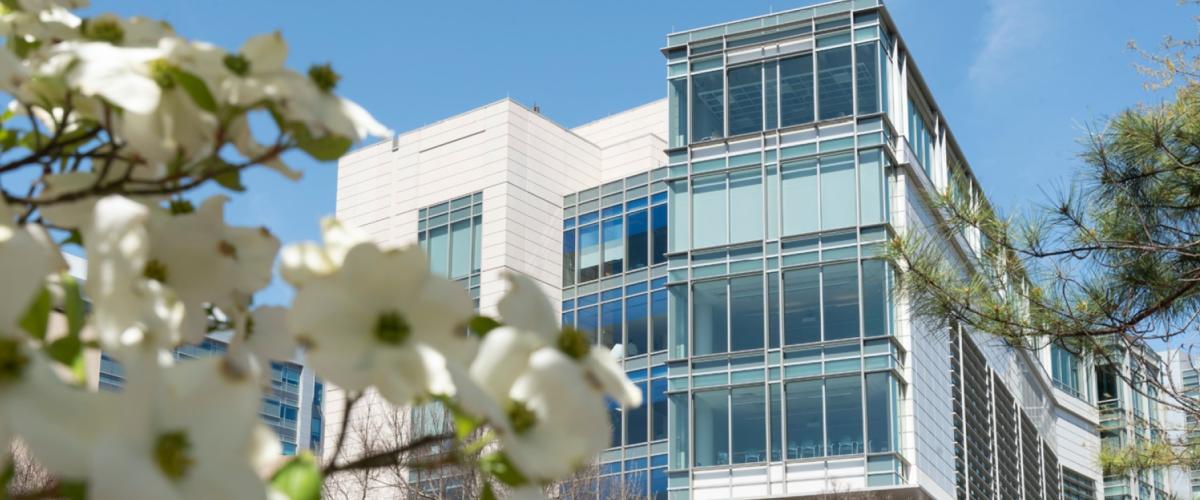
In addition to conducting research within the Department of Neurology, research faculty within the Division of Parkinson’s and Movement Disorders are members of and collaborators with the Duke Center for Neurodegeneration and Neurotherapeutics (DCNN).
The DCNN is a multidisciplinary collaborative center, with members from the Departments of Neurology, Neurobiology, Biomedical Engineering, Pharmacology & Cancer Biology, and other Duke Departments and institutions. Members of the DCNN work together and alone to advance our understanding of neurodegenerative disease and translate those advances into opportunities for therapy development.
Professor of Pharmacology and Cancer Biology
Director, Duke Center for Neurodegeneration and Neurotherapeutics
The lab of Andrew West, PhD, focuses on identifying the critical mechanisms that lead to Parkinson’s disease, with the goal of developing new therapeutics to block disease progression. West collaborates with clinicians to discover biomarkers for disease progression and therapeutic responses as well as basic neuroscientists to define pathways in neurons and immune cells that drive disease.
“Our models for Parkinson’s have improved as well as general scientific rigor around testing hypotheses,” West says, “we think the conditions are right for the first wave of disease-modifying therapies to be found in the next few years.”
Associate Professor in Neurology
Despite much progress over the past decade, the definitive causes of Parkinson’s disease are still not fully understood. The lab of Laurie Sanders, PhD, devotes 100 percent of its effort to solving that mystery. Its primary focus is on the role of genome integrity and DNA repair in the beginnings of Parkinson’s. The Sanders lab takes a translational, bench-to-beside approach aiming to translate its multidisciplinary basic scientific research into meaningful health outcomes for Parkinson’s patients.
“How neurons deal with genomic instability, especially mitochondrial DNA and what impact this may have for dysfunction and cell death is not well studied. We believe our studies on mtDNA damage and repair will change the way we diagnosis, treat and design clinical trials for Parkinson’s,” Sanders says.
Assistant Professor of Molecular Genetics and Microbiology
As a graduate student, Matthew Scaglione, PhD, became interested in how the body made and destroyed proteins--and how these processes could go wrong in neurodegenerative disease. His current research within the DCNN straddles the intersections between neurology, molecular genetics, and microbiology to better understand how we might be able to develop treatments for these conditions. Scaglione’s lab focuses on proteostasis, or the maintenance of protein homeostasis, and the loss of which appears to be an underlying cause of neurodegenerative disease. To counteract disruptions in proteostasis cells encode a number of enzymes and other molecules either refold or degrade misfolded proteins. Understanding how these pathways play a protective role in neurodegenerative diseases could lead to new therapeutic targets and other opportunities to treat neurodegenerative conditions.